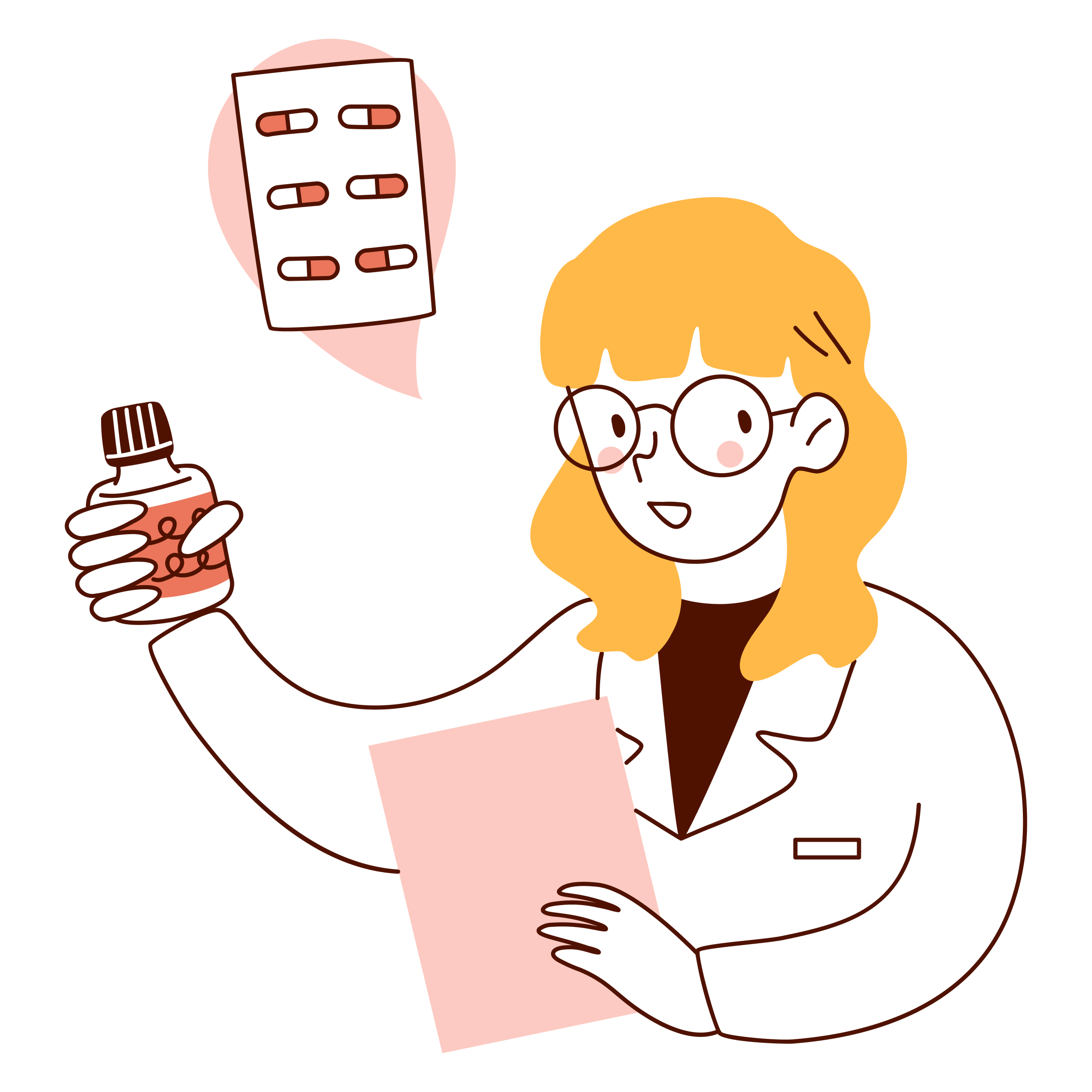Are you noticing more hair in your brush or shower? Hair loss can be distressing, impacting your self-esteem and confidence.
Unlock the secrets behind FDA-approved medications and find out how you can regain your thick, full hair with safe and effective solutions.
Understanding the science behind hair loss and its treatments can help you find effective solutions.
Imagine having access to a propertiarity, patent pending, and proven hair growth solution. FDA-approved medication and personalized hair loss treatment plans that can help minimize shedding, thinning, and loss.
When it comes to health and wellness, the importance of using FDA-approved medications cannot be overstated. The approval if the FDA (Food and Drug Administration) signifies that a medication has undergone rigorous testing for safety, efficacy, and quality. This article explores why FDA approval matters, emphasizing the significance of safety and efficacy, and provides an overview of the thorough testing and approval process.

You’ve never tried so hard for such little improvement…
NuGrowthRx™
Finally, science based tailored treatment hair growth.
“Comprehensive solutions grounded in scientific research for effective results.”
Importance of FDA Approval for Safety and Efficacy
Safety Assurance: FDA approval ensures that a medication has been rigorously tested for safety. This means that the potential benefits of the medication outweigh any risks associated with its use. The FDA requires extensive clinical trials to identify any adverse effects and to determine the safe dosage ranges.
Efficacy Verification: FDA approval confirms that a medication is effective for its intended use. This involves proving that the drug provides a significant therapeutic benefit, such as reducing symptoms or curing a disease, compared to a placebo or other treatments. The efficacy of the medication must be demonstrated through controlled clinical trials.
Quality Control: FDA approval ensures that medications are manufactured according to stringent quality standards. This includes consistency in the production process, purity of the ingredients, and proper labeling. Quality control measures are crucial to prevent contamination and ensure that each dose of the medication is safe and effective.
Informed Decision-Making: FDA approval provides healthcare professionals and patients with reliable information about the medication. The approval process includes a detailed review of clinical trial data, which is made available to the public. This transparency allows doctors to make informed decisions when prescribing medications and enables patients to understand the potential benefits and risks.
Public Trust: FDA approval fosters public trust in medications. Knowing that a drug has met rigorous standards of safety, efficacy, and quality gives patients confidence in its use. This trust is essential for maintaining adherence to prescribed treatments and achieving positive health outcomes.
Overview of the Rigorous Testing and Approval Process
The FDA’s drug approval process is one of the most stringent in the world, involving multiple phases of testing and review to ensure that medications are safe and effective for public use. The key stages of this process include:
Preclinical Testing: Before a drug is tested in humans, it undergoes preclinical testing in the laboratory and on animal subjects. This phase aims to gather initial safety and efficacy data. Researchers study the drug’s pharmacokinetics (how it is absorbed, distributed, metabolized, and excreted) and pharmacodynamics (its biological effects and mechanisms of action).
Investigational New Drug Application (IND): If preclinical results are promising, the drug developer submits an IND application to the FDA. This application includes all preclinical data, the proposed clinical trial protocols, and information about the manufacturing process. The FDA reviews the application to ensure that the planned trials will not place participants at unreasonable risk.
Clinical Trials (Phases 1-3):
Phase 1: The drug is tested in a small group of healthy volunteers (20- 100) to assess its safety, dosage range, and side effects. This phase determines the most appropriate dosage for further testing.
Phase 2: The drug is administered to a larger group of patients (100-300) who have the condition it aims to treat. This phase evaluates the drug’s efficacy and further assesses its safety. Researchers monitor participants for any adverse effects and gather data on the drug’s effectiveness.
Phase 3: The drug is tested in an even larger group of patients (1,000- 3,000) to confirm its efficacy, monitor side effects, and compare it to existing treatments. This phase provides a more comprehensive understanding of the drug’s benefits and risks. Data from Phase 3 trials are crucial for FDA approval.
New Drug Application (NDA): After successful Phase 3 trials, the drug developer submits an NDA to the FDA. The NDA includes all clinical trial data, information about the drug’s manufacturing process, proposed labeling, and a risk-benefit analysis. The FDA reviews the NDA to determine whether the drug is safe and effective for its intended use.
FDA Review and Approval: The FDA conducts a thorough review of the NDA, which may include additional analyses and inspections of manufacturing facilities. An advisory committee of independent experts may also evaluate the data and provide recommendations. If the FDA determines that the drug’s benefits outweigh its risks, it grants approval for the medication to be marketed and sold.
Post-Market Surveillance (Phase 4): After approval, the FDA continues to monitor the drug’s safety and efficacy through post-market surveillance. This involves collecting and analyzing data from patients using the medication in real- world settings. The FDA may require additional studies or take regulatory actions if new safety concerns arise.

Conclusion
Dealing with hair loss can be exhausting and overwhelming, but knowing that you’re using FDA-approved medications for your comprehensive hair loss treatment can help give you peace of mind. These treatments represent the gold standard in safety, efficacy, and quality. The rigorous testing and approval process ensures that these medications provide significant therapeutic benefits while minimizing risks.
For patients and healthcare professionals, FDA approval offers assurance and confidence in the use of medications, ultimately contributing to better health outcomes. When choosing treatments, it is essential to prioritize FDA-approved options to ensure the highest standards of care.
Ready to take control of your hair health? Discover which personalized FDA-approved medications are best for you.
Get started with a tailored plan designed by experts today and take the first step toward a thicker, healthier head of hair.
